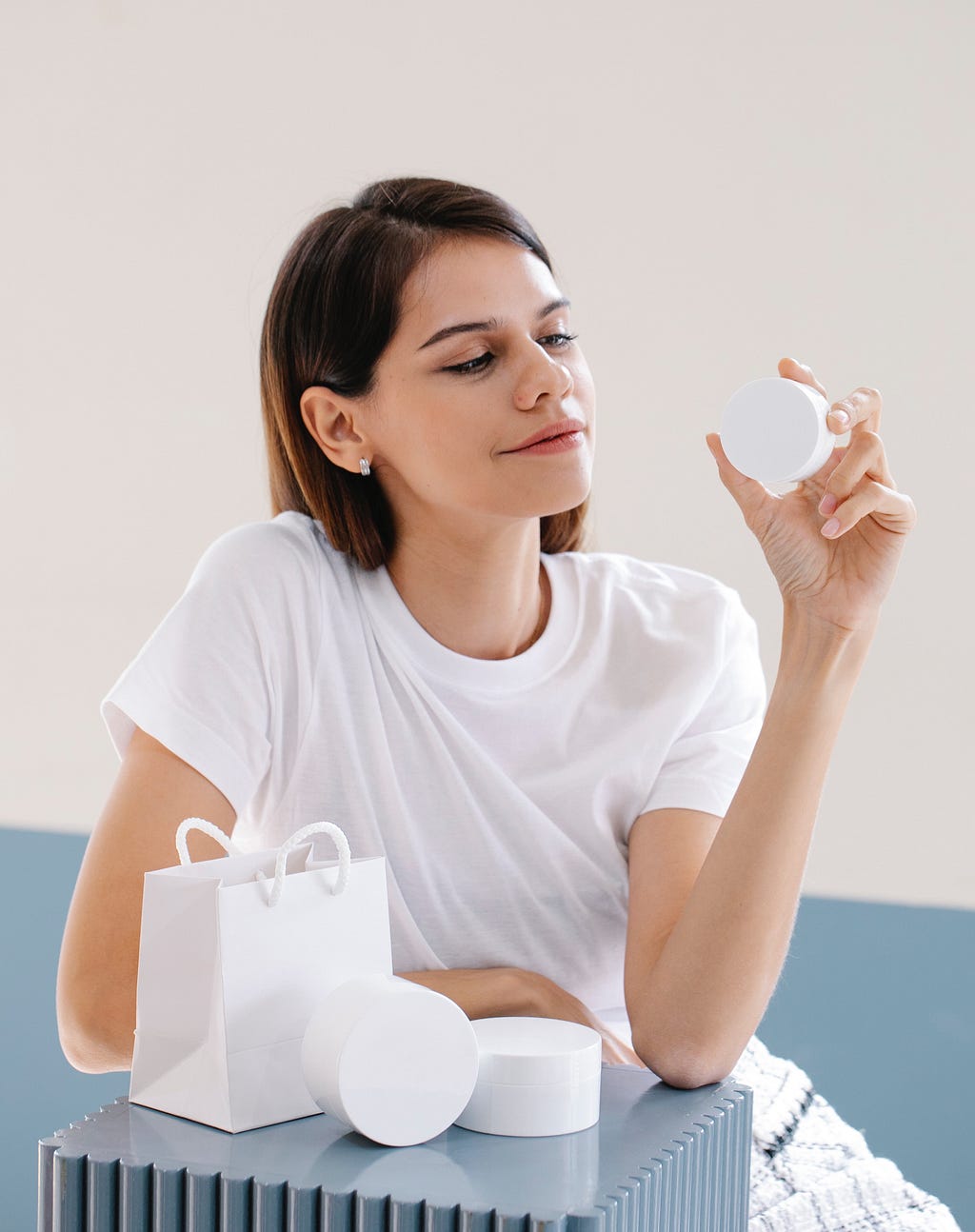
Organic cosmetics have been around for a while yet when asked to describe what ‘organic’ means, you (like many) may be lost for words. You know ‘organic’ means cleaner, safer and better, but in what way? We’re going to break it down for you.
What does organic mean?
A product is organic if it uses ingredients grown in soil or produced without the use of chemical fertilizers, pesticides, genetic engineering of crops, and synthetic chemicals. The objectives of organic production include improving soil and water quality, reducing pollution, and maintaining ecological balance. Organic farming practices are beneficial for the natural environment and all those who depend on it, including people and wildlife.
How do I know a beauty product is organic?
1. Check the ingredients list (INCI list) for toxic ingredients found quite commonly in cosmetics:
- Parabens (may cause hormone imbalance)
- Phthalates (may affect human reproduction and development)
- Sodium Lauryl Sulfate (can disrupt skin’s natural oil balance, causing dry skin, irritation and allergies)
- Resorcinol (linked to anti-thyroidal activity)
- Synthetic Fragrances (a wide range of health effects)
Also, check for a mention of ‘non-GMO’ on the label. Organic cosmetics do not contain genetically modified organisms (GMO), whose genetic make-up has been altered in laboratories to gain certain advantages. GMO seeds, for instance, have better drought, pest, and disease resistance. However, GMO plants are treated with harmful chemicals, and could potentially have a long-term health impact although there currently exists no conclusive evidence of their ill effects.
Many beauty products use palm oil-derived ingredients as they provide hydration, softening, texturizing, and foaming. To meet the demand for palm oil, rainforests in southeast Asian countries are being razed for developing palm oil plantations, threatening the natural habitat and endangered species. The good news is that there is a good selection of cosmetics and skincare products that contain sustainably produced and sourced palm oil. To verify the same, look for a mention of ‘certified sustainable palm oil ingredients’ on the label.
Finally, note that organic cosmetics may use animal ingredients. However, most are not tested on animals (‘cruelty-free’).
2. Check whether the product is certified ‘organic’ by a government-approved agency that sets certification requirements for organic products in the country. Example: Europe’s Cosmetic Organic and Natural Standard (COSMOS). The COSMOS certification guarantees, among other things, environment-friendly production, and processing…responsible use of natural resources…care for biodiversity…absence of GMO and petrochemical ingredients…recyclable packing.
Is there an equivalent standard in the USA?
Nope. While the Food and Drug Administration (FDA) regulates the term ‘organic’ as it relates to agricultural products, no such definition or regulation applies to cosmetics, body care, and personal care products. If you cannot find any agency certification on the product, your best bet is to go through the INCI list. Check whether the product contains the usual suspects like Parabens, Sodium Lauryl Sulfate, and Synthetic Fragrances.
Is organic the same as natural?
Natural and organic cosmetics are not the same. Natural cosmetics consist of ingredients that grow naturally or are found in nature, such as minerals. But they may not be organically produced, that is, without the use of pesticides, herbicides and synthetic growth hormones, or antibiotics. This is a key difference between ‘natural’ and ‘organic’ labels.
In addition, natural cosmetics are processed using methods that preserve the nutritional content and beneficial substances found in the raw materials. (source: here) They are also free of synthetic and artificial ingredients. However, the term ‘natural’ is not regulated, opening the door to misleading claims and marketing gimmicks. We recommend that you read the INCI list to make an informed choice.
Why is organic makeup better?
If you use makeup daily and worry about how it may affect your skin and internal health, a switch to organic products makes sense. To cite an example, an organic foundation is free of genetically modified ingredients, which are known to interfere with your body’s natural hormone processes. The environmental impact of organic makeup is lower than traditional cosmetics, so you can do your bit for the environment as well.
Are organic skincare products more effective?
Not necessarily. The main reason for choosing an organic body balm or face cream is that it’s free from contaminants and controversial chemicals that pose health risks. Whether the balm or cream will make your skin soft and supple depends on the mix of botanicals used and their individual properties. With Think Dirty app, you can make an informed decision on buying organic beauty products; the premium version of our app clues you in on product ingredients so you’re sure what you’re putting on your skin.
Are organic cosmetics less likely to cause allergic reactions?
As organic cosmetics do not contain Sulfates and Synthetic Fragrances, which are notorious for triggering allergic skin reactions, they may be better if you have sensitive skin. That said, organic products are not allergy-free and their ingredients may cause allergic reactions in some people.
As always, read the label and product reviews to understand whether the organic beauty product is for you. Think Dirty app is your valuable ally in decoding cosmetics and avoiding beauty products that pose an allergy risk if you have a personal history of allergies.
Disclosure: We are a professional review and product rating website and mobile app that receives compensation from the companies whose products we review and rate. We are independently owned and the opinions expressed here are our interpretation of a trusted source.
Why ‘Organic’ is a Confusing Label was originally published in Think Dirty on Medium, where people are continuing the conversation by highlighting and responding to this story.